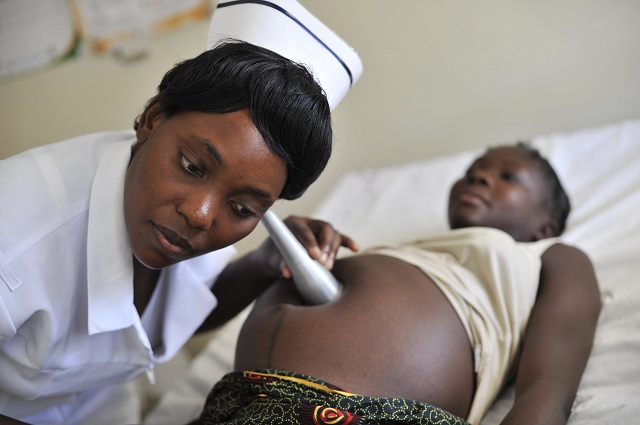Most of us have probably heard the term “ante natal” and know it’s for pregnant women, however not many women know exactly what antenatal is about or how important it is.
So for starters, a definition. Antenatal care is the care a pregnant woman receives from healthcare professionals during pregnancy. So this means that it doesn’t necessarily have to be from a doctor as nurses and midwives are also able to give care to women with uncomplicated pregnancy.
For some people, they do not believe that antenatal care is important and they cite reasons such as our great grandmothers never had antenatal care and they had successful deliveries. However the truth is that things were very different then and the lifestyle of years ago is not the same as that of today. Also it is quite pointless to deprive oneself of the great advances that have been made through modern science and technology.
For women who are pregnant, few benefits of antenatal care include:
- check your health and the wellbeing of your baby
- watch out for any problems so you can get support early
- give you and your baby any special treatment you need
- give you information about how to look after your health and your baby’s
- answer any questions you have
- help you plan your baby’s birth
- put you in touch with any other support you may need.
For women who are pregnant for the first time, a total of 10 antenatal visits is advised. For those who have been pregnant before, they are advised to have 7 visits. However for women with high risk pregnancies or complicated pregnancies, more visits might be necessary.
The first appointment is known as the ‘booking appointment’. This usually happens between 8 and 12 weeks of pregnancy. On this visit you’ll be asked for lots of information about your health. The reason for all the questions is because the answers can help make sure the antenatal team knows about any particular risks you and your baby might have. This means they can make sure you have the best possible care during your pregnancy. Some questions may not seem relevant but there’s always a good reason for them. For example, it helps the team to know your ethnic origin and that of the baby’s father because some ethnic groups are more at risk than others of having certain medical conditions.
Blood samples are also taken to test for: Anaemia.
- Red cell allo-antibodies.
- Hepatitis B virus.
- HIV.
- Rubella susceptibility.
- Syphilis.
This is done to ensure that the mother’s blood level is okay and any infections that the mother has are not passed on to the baby.
After the booking visit (if done by the 12th week) the next appointment is usually in another 4 weeks. This visit is always much shorter but it is essential for your blood pressure to be checked, a urine test done and the heartbeat of the baby should be listened for. Depending on the centre an ultrasound scan may be done as well.

In Nigeria, pregnant women are usually given two doses of malaria prophylaxis during their pregnancy. This is due to the fact that we live in a malaria endemic area and malaria can have serious consequences in pregnant women. Tetanus toxoid vaccine is also given because tetanus can be life threatening in pregnancy.
Folic acid supplementation is also a major key to prevent neural tube defects such a spina bifida where the baby’s spinal cord is not properly formed.
Why are antenatal appointments important?
- Regular antenatal appointments are important to:
- keep an eye on how your baby is growing.
- pick up some conditions such as pre-eclampsia and urinary tract infections – these might not have any early symptoms that you would notice but routine blood-pressure checks and urine tests can pick up on them, even if you feel fine
- check the health of your baby through blood tests and ultrasound scans.
Another good thing about antenatal care is getting to interact with other expectant mothers with different levels of experience. Pregnancy can be a difficult time for some women as their bodies are undergoing remarkable changes and just being amongst other people who are going through the same experience can be helpful. It is also wise to maximise the contact with healthcare professionals by asking all the questions you may have about the pregnancy process and even what to expect afterwards.
I can’t speak for all states in Nigeria but i know for Lagos State at least antenatal care is available at all primary health care centres and government hospitals for a small fee. It’s definitely nothing fancy as we are all aware of the state of our healthcare system nationwide but it offers the basics. And most times this is enough. While it is understandable that times are hard, antenatal care always costs less than treating otherwise preventable complications of pregnancy.






